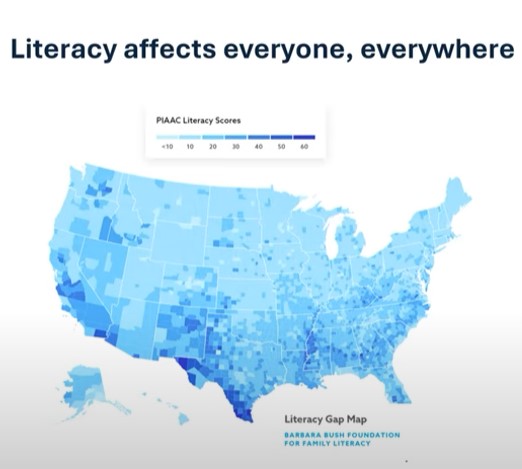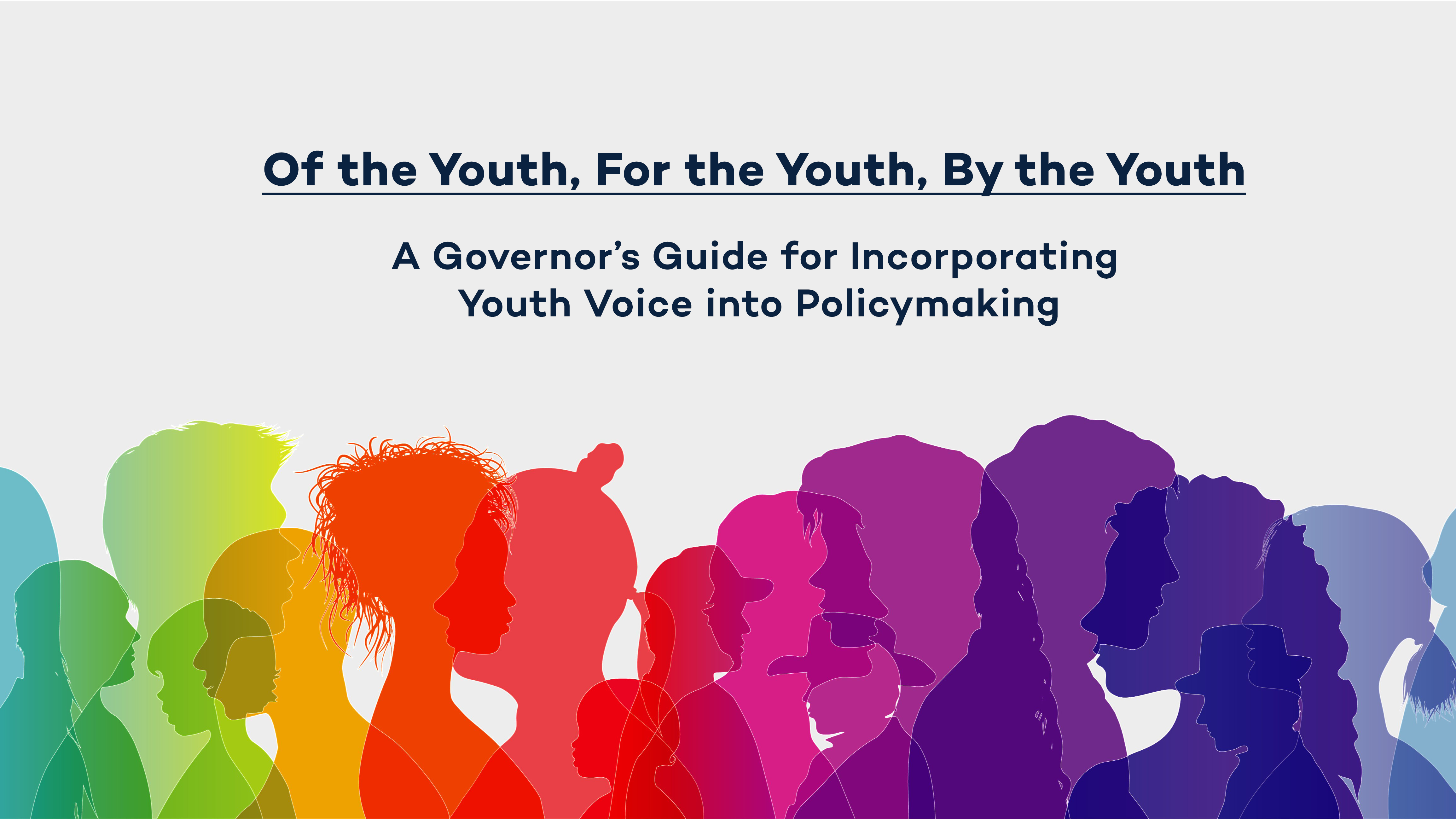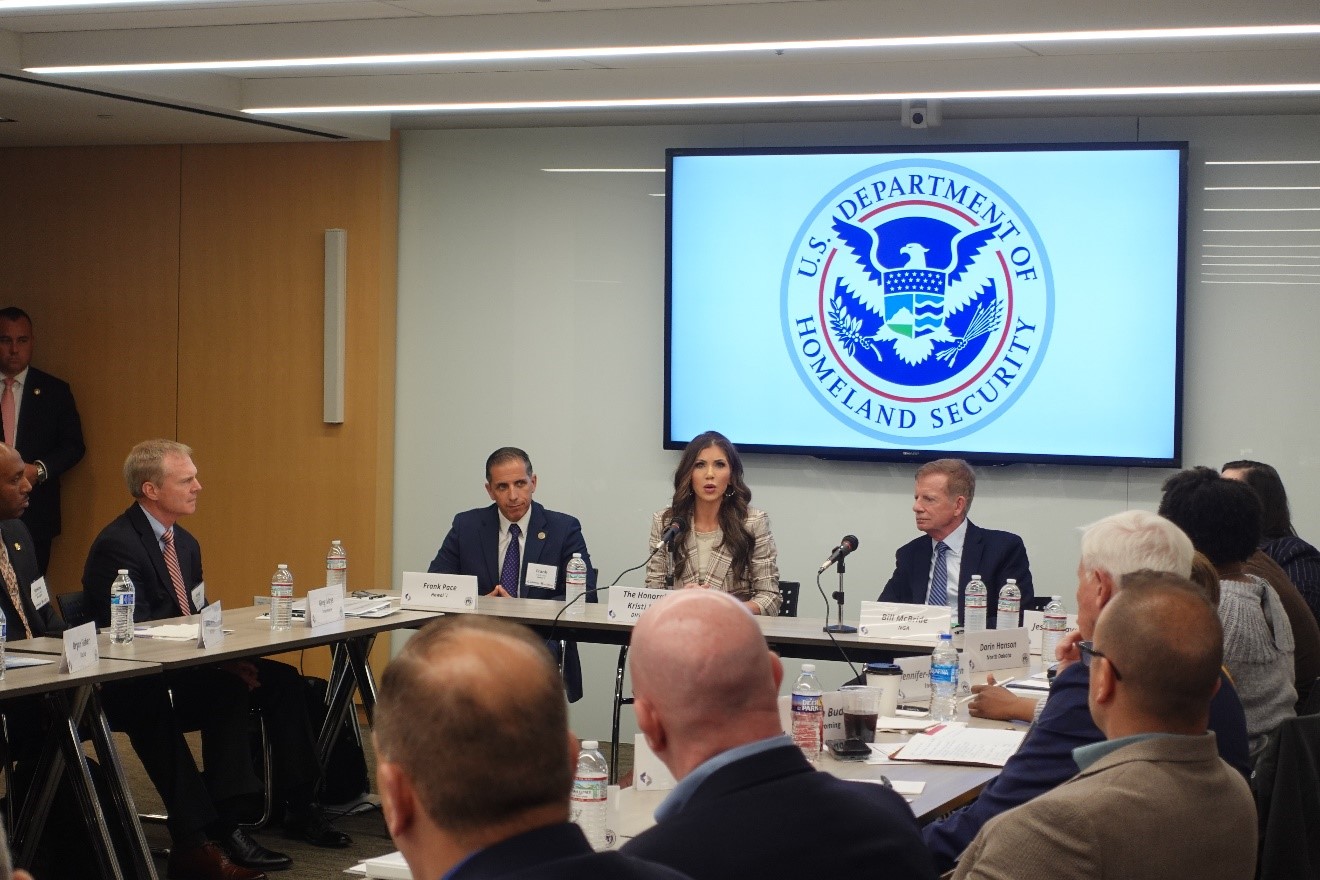The National Governors Association (NGA) has partnered with the military and veteran family support organization Blue Star Families to launch the initiative “Do Your Part: State Leadership to Support Military Families.” Through the collaboration, NGA and Blue Star Families will develop a toolkit designed to help states and territories identify, prioritize and implement the most effective policies and programs to support military families, providing a clear path to help enhance the well-being of military communities across the country. The project will draw on some of the best practices Governors have been leading at the state level to create policies designed the support military service members and their families.

As Commanders-in-Chief of the nation’s states and territories’ National Guard, Governors hold unique roles. National Guard service members fall under the command of the Governor, and each state has jurisdiction to develop many of the policies and procedures related to National Guard service members and their families.
Community support for military families is crucial to military recruitment, retention and readiness. As roughly 70% of active duty service members live outside of military installations, Governors have an important role working to foster policies that can serve both members of the National Guard and their families as well as active duty military service members and their families, especially in states and territories home to a significant population of active duty military service members and military families. These policies are often overseen by a state department of military affairs. A list of military installation locations in each state can be found here.
Military families often face unique challenges, especially compared to their civilian counterparts. Many of these challenges relate directly to frequent moves, with active-duty military families typically moving to a new duty station, often located in a different state, every two to three years. With frequent moves, military service members and their families must adapt quickly to the culture and laws of different states on top of finding new schools, health care providers, and community resources.
Research from the U.S. Department of Defense and numerous military service organizations, including Blue Star Families, finds some of the biggest challenges military families face include: spousal employment and economic opportunities, childcare, education, healthcare and wellness, community connection and housing. Research also underscores these factors relate directly to military recruitment, readiness and retention as military service members may decide to leave military service due to some of these unique challenges. This work aims to seek and highlight state-level policy solutions to these challenges.
Maryland Governor Wes Moore is the first Governor announced to serve as an honorary chair of this work. In September, Governor Moore joined Blue Star Families at an event held to announce the partnership.
Defense Spending by State – Fiscal Year 2023
For additional perspective on the defense footprint in each state, the map below highlights the annual state-by-state analysis published by the Department of Defense Office of Local Defense Community Cooperation focused on personnel, contractual, and grant spending. State and local officials may use this information to support more resilient communities and companies.




















